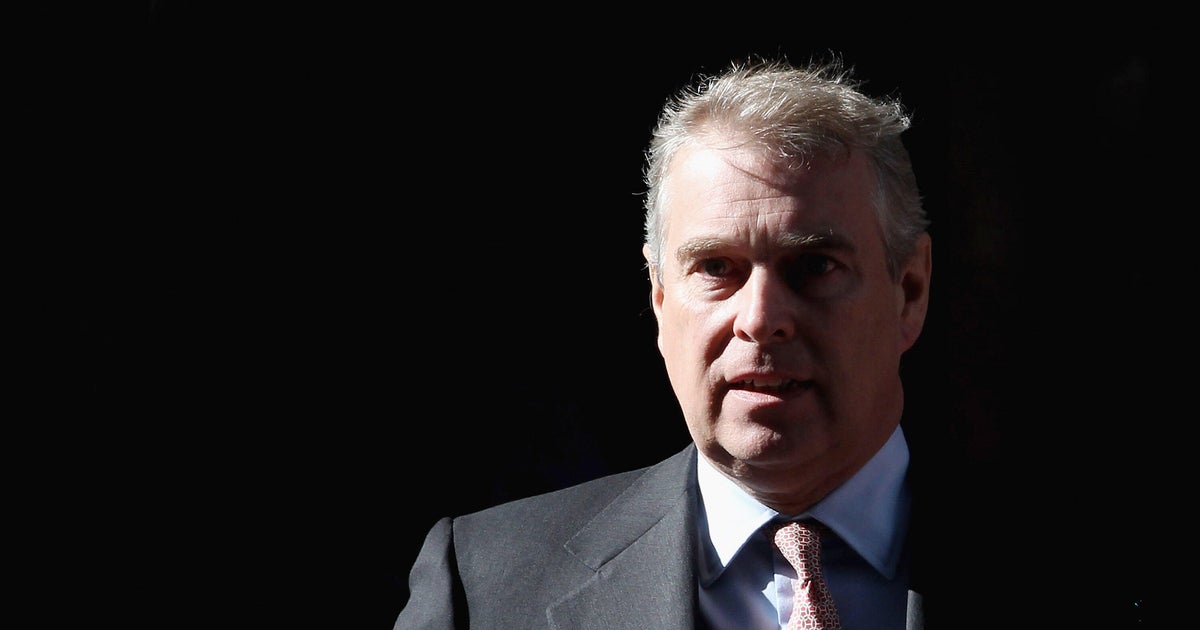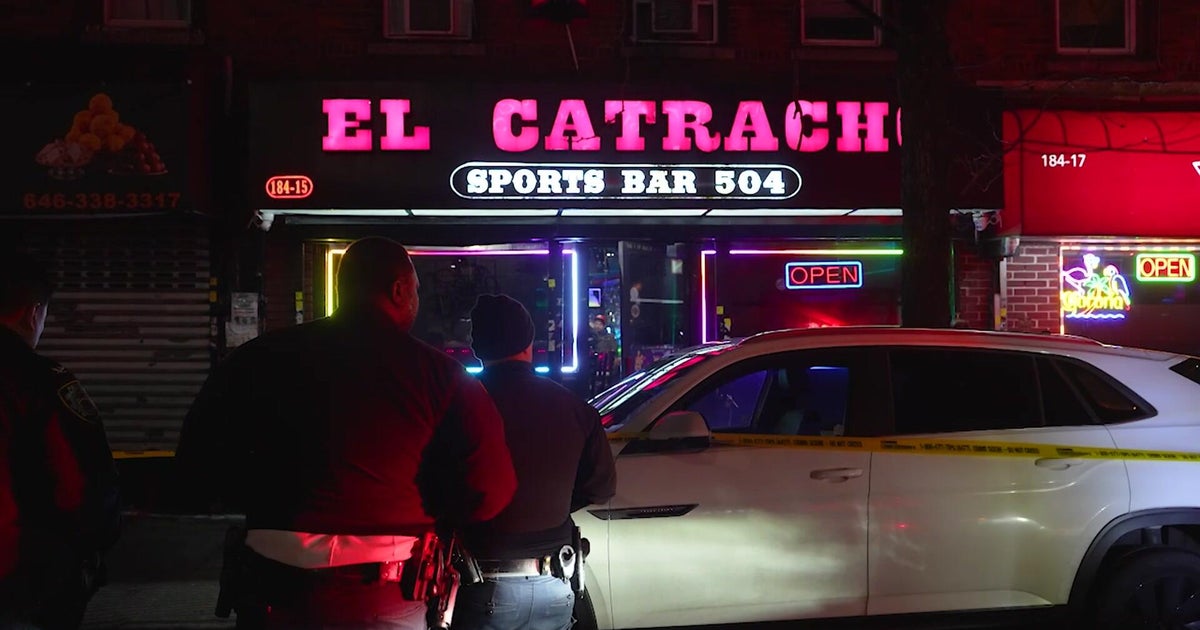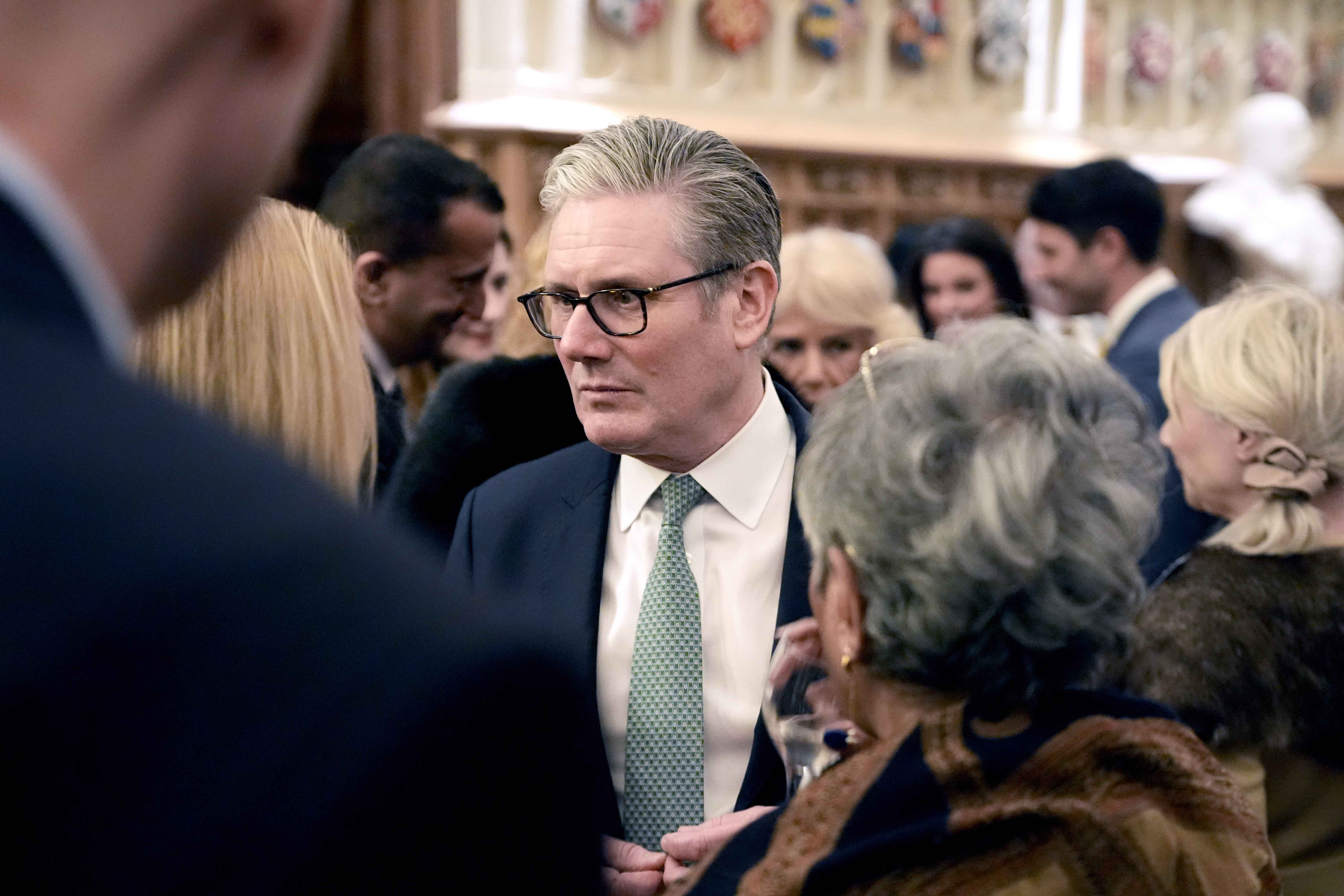After queen's death, Commonwealth countries revive debate on monarch as head of state
London - The death of Queen Elizabeth II has revived the debate about the future and unity of the British Commonwealth, a group of 15 independent countries that recognized the queen — and now the new King Charles III — as their official head of state, above each country's own democratically elected leader.
That list of commonwealth nations, also known as "realms," includes Canada and Jamaica across the Atlantic and as far away as Australia and New Zealand in the southern Pacific. The queen's face adorns many of those countries' coins and banknotes. Here is where countries of the realm stand based on officials' recent comments:
Australia: Referendum no earlier than 2025
Prime Minister Anthony Albanese, elected to a three-year term just this past May, began laying the foundations for a nationwide referendum on transitioning Australia into a republic. In June, he appointed the country's first minister to begin looking into the process.
This past Sunday, however, he paused his timeline in deference to the queen and her passing, saying now is the time to pay tribute to her memory, not push for swift change. He has said he will not call a referendum in his current first term as premier. The next federal election is scheduled for 2025.
New Zealand: Referendum within prime minister's "lifetime"
Like her Australian counterpart, Prime Minister Jacinda Ardern supports her country's transition to a republic but, after the queen's death, said she will not push for that change at any time during her own government.
"I've made my view plain many times. I do believe that is where New Zealand will head, in time. I believe it is likely to occur in my lifetime," she said. "But I don't see it as a short-term measure or anything that is on the agenda any time soon."
Ardern added she never sensed any urgency to the issue and that New Zealand has many other challenges to address.
"This is a large, significant debate. I don't think it's one that would or should occur quickly," she said.
She said she does see the country's relationship with the British royal family to "deepen."
She leaves this week to attend Queen Elizabeth's funeral, set for Sept. 19.
Antigua and Barbuda: Referendum before 2025
Just after Charles was proclaimed king on Saturday, the premier of the tiny eastern Caribbean island country of Antigua and Barbuda said he will hold a referendum on transitioning to a republic and removing King Charles as head of state within the next three years.
Despite the timing, the popular Prime Minister Gaston Browne says his intent does not imply contempt.
"It does not represent any form of disrespect to the monarch. This is not an act of hostility or any difference between Antigua and Barbuda and the monarchy. It is a final step to complete the circle of independence to become a truly sovereign nation," he told the UK's ITV News.
Antigua and Barbuda was considered Britain's crown jewel in the Caribbean, prospering on a slave economy and was even nicknamed Little England. Its transition from colony to independent state, which started in 1952 with the dissolution of the British Leeward Islands colony, was completed with its full independence in 1981.
Brown is in the final year of his eight-year premiership but he is expected to be re-elected next year with a referendum to follow.
If approved, the country would follow the island nation of Barbados to its south, which removed Queen Elizabeth as head of state in November 2021 to become the world's newest republic — a ceremony which then Prince Charles attended — as part of a recent flurry of activity in the Caribbean to distance themselves from their British monarchical past.
"The time has come to fully leave our colonial past behind," wrote Barbados' Prime Minister Mia Amor Mottley.
Jamaica: Referendum before 2025
In March, Prime Minister Andrew Holness made news of his intent for Jamaica to become independent directly to his guests Prince William and Kate, now the new Prince and Princess of Wales, on their official visit to the Caribbean island country.
During their time, a protest was held outside the British High Commission in Kingston, the capital. People demanded an apology and reparations for Britain's role in the slave trade from Africa.
At a state dinner, Prince William replied, "I want to express my profound sorrow. Slavery was abhorrent. And it should never have happened."
A government minister overseeing constitutional affairs has said a committee to reform the constitution is being established with Jamaica becoming a republic by the next general election in 2025.




